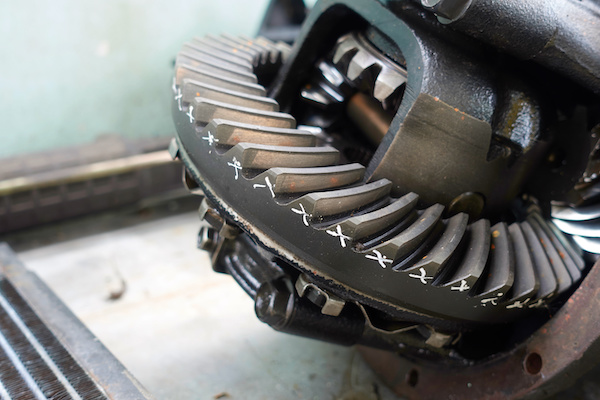
Your car's transmission – it's that mechanical wizard that turns your engine's power into forward motion. It's a crucial component, but like all things mechanical, it can encounter issues over time. You might wonder if you can roll up your sleeves and DIY it. Well, while some automotive tasks are DIY-friendly, transmission repair and maintenance often require specialized knowledge and tools. In this blog, we'll delve into how transmissions are repaired and maintained, and why leaving it to the pros might be your best bet.
Transmission Repairs 101
Transmission repair isn't your run-of-the-mill DIY project. It's more like solving a complex puzzle with intricate gears, clutches, and electronics. Here's why it's often best left to professionals:
1. Specialized Knowledge
Transmission systems are incredibly complex, with many interdependent parts. Mechanics have the training and experience to diagnose and fix issues accurately.
2. Special Tools
Repairing a transmission often requires specialized tools that most DIYers don't have in their garage. These tools are crucial for disassembling, inspecting, and reassembling the transmission correctly.
3. Diagnostic Equipment
Modern transmissions are equipped with electronic components that require advanced diagnostic equipment to troubleshoot effectively. Professional mechanics have access to these tools.
4. Quality Parts
Mechanics have access to quality OEM (Original Equipment Manufacturer) parts, which are essential for ensuring your transmission functions optimally after repair.
5. Preventing Costly Mistakes
Mistakes during transmission repair can be costly. It's not a task where you want to learn through trial and error.
Why Should I Leave Transmission Maintenance To The Pros?
Transmission maintenance is another area where professional expertise shines. Here's why:
Regular transmission fluid changes are crucial for its longevity. Mechanics know the right type of fluid and how to perform a thorough flush and refill.
Professionals can inspect the transmission for signs of wear or impending issues, catching problems early and preventing costly repairs.
Modern vehicles have complex computer-controlled transmissions. Mechanics have the knowledge and equipment to run diagnostics and reprogram if necessary.
DIY approaches are never a good idea when talking about a car that is still under the manufacturer's insurance. If your vehicle falls in that category, having maintenance performed by a certified mechanic ensures your warranty remains intact.
What Transmission-Related DIY Project Is A Good Idea?
While transmission repair and maintenance are best left to the pros, there are still some things you can do as a responsible car owner:
- Regularly Check Fluid Levels: Of course, checking the fluid levels is a must for every car owner. Keep an eye on your transmission fluid level, so you can catch problems early.
- Follow Manufacturer Recommendations: Adhere to your vehicle manufacturer's recommended maintenance schedule, which often includes transmission service.
- Shifting Gears Correctly: Another important aspect of owning a car is shifting correctly. If you use a manual transmission too aggressively or improperly, you might break it completely.
Who Said Transmissions?
Old or new, manual or automatic, all transmissions are welcome at our shop! The team at Strande's Garage will be thrilled to get you back on the road ASAP.